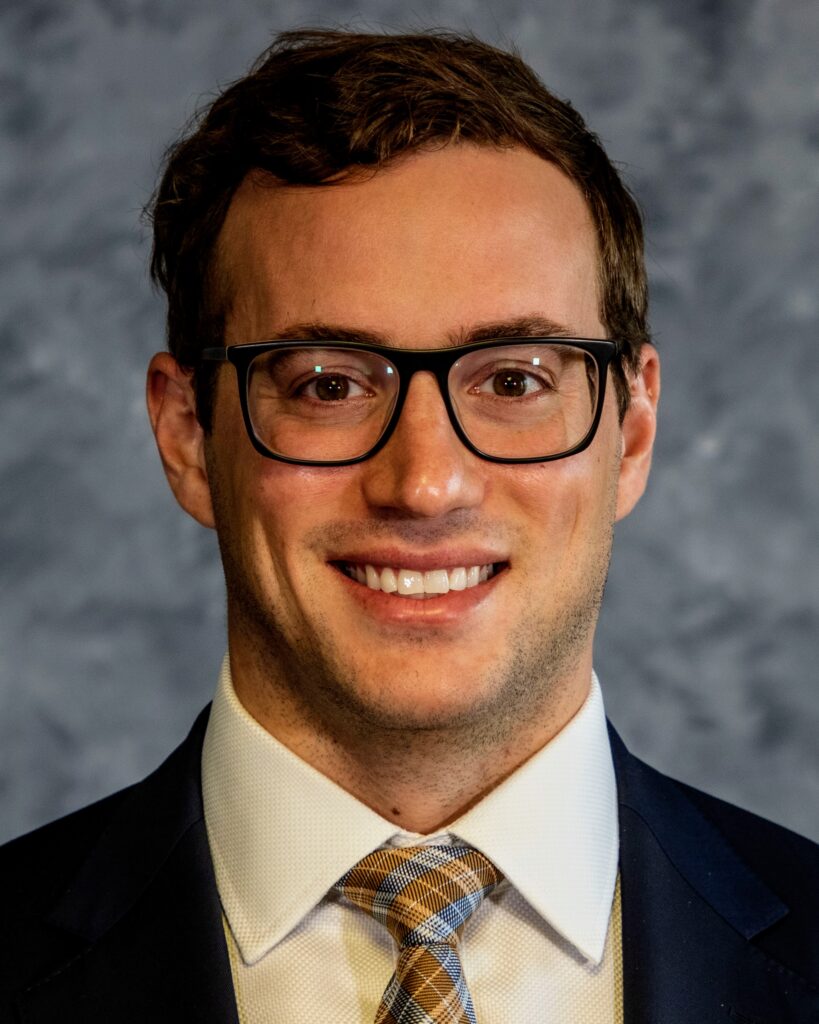
Tatum Goetting
Editorial Assistant
The City of Kansas City, Mo., is expanding its work to create affordable housing. The City launched a program to convert existing vacant buildings, like schools, nursing homes, hotels and motels, into homes for people who are unhoused in Kansas City, as well as housing insecure residents.
This year the City provided temporary housing for the unhoused using hotel rooms across the city while also providing essential social and rehabilitation assistance through partner organizations. This initiative, however, was only for 98 nights. At its peak, about 420 people took shelter in the hotel rooms while also receiving essential care. The City also provided three months of a warming facility at Bartle Hall last winter, but none of it was a long-term solution.
For the first step of this initiative City Manager Brian Platt issued a Request for Proposals (RFP) to acquire properties. This proposal seeks to convert existing properties to create up to 500 new affordable housing units across the city at a lower cost and faster rate than building new units.
“We need to think creatively and act quickly to provide housing to those most in need here in Kansas City,” Platt said. “We are thankful for the council’s support and guidance, but also their desire to take action.”
Last week, City Council authorized up to $2.5 million of funds to be used for this project, in addition to $12.5 million added to the City’s first affordable housing trust fund. In addition to these funds, Housing and Urban Development (HUD) just received an award of $8.3 million, according to a press release.
“We need to find more permanent housing,” John Baccala, the spokesperson for the city’s Housing and Community Development Department said. “That’s why this particular RFP is important. It utilizes existing properties that can easily be retrofitted for habitability.”
The City would benefit most from the input of local citizens. That is why Platt’s strategic plan to generate housing solutions at the webpage “A Vision for Housing” is open for the public to view. Comments and feedback are allowed now through August 12.
“We’re asking everybody to go [on the City’s website] and put their suggestions, comments or ideas on kcmo.gov/housing,” Baccala said. “We have a Housing Task Force that’s made up of not only city leaders, but also those who are unhoused and housing insecure.”
In order to make this plan as comprehensive and well thought out as it can be, including those who are unhoused is vital because the city wants to do what they can to provide the necessities those less fortunate need, Baccala said. The Greater Kansas City Coalition to End Homelessness was also involved in creation of this plan.
“We’re not at the point where we’d want to pat ourselves on the back over it,” Baccala said. “The City of Kansas City, Missouri has probably done more than any other major city in the United States in the last six to eight months in addressing the housing insecure population.”
The five-year plan of this proposal includes the goal of creating 10,000 affordable homes and apartments using a combination of tiny home communities, $1 Land Bank homes rehabilitation, building affordable homes on vacant city lots, including affordable housing in new private multifamily developments, social housing developments on city-owned property and repurposing underutilized facilities and converting them into housing, which is the purpose of this RFP.
“There are several services we need to provide, whether it’s job assistance, medical care or [providing help with] substance abuse,” Baccala said. “It’s not more than just having a roof over your head at night. It’s addressing all the different issues people who are housing insecure face.”
















